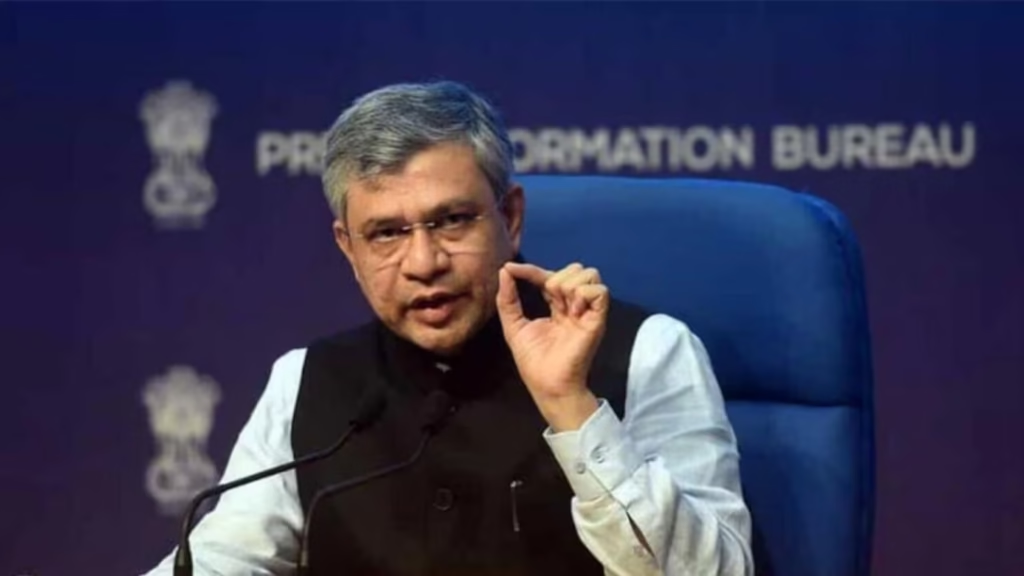India has long been recognized as a global leader in IT services, with its software exports and outsourcing industry driving economic growth. However, Ashwini Vaishnaw, Union Minister for Electronics & IT, Railways, and Communications, has stressed the need for India to transition from a services-driven economy to a product-based nation. This shift, he argues, is essential for long-term technological dominance, economic resilience, and global competitiveness.
Why India Needs to Shift to a Product-Based Economy
India’s IT services sector has flourished over the past few decades, positioning the country as the backbone of global software and tech support. However, Minister Ashwini Vaishnaw believes that merely providing services is not enough to sustain long-term growth. The key reasons for transitioning to a product-driven economy include:
📌 Global Influence & Leadership – Owning intellectual property (IP) and developing innovative products will help India become a technology powerhouse rather than just a service provider.
📌 Higher Economic Value – While services generate revenue, product-based businesses create long-term wealth through patents, licensing, and exports.
📌 Job Creation & Skilled Workforce – A strong product ecosystem will lead to high-value employment opportunities, boosting India’s R&D and manufacturing capabilities.
📌 Self-Reliance in Critical Sectors – Building indigenous products in defense, healthcare, semiconductors, and AI will reduce dependence on imports and foreign technologies.
Key Areas for India’s Product Revolution
For India to evolve into a product-driven economy, the government and private sector must focus on cutting-edge technologies and innovation. Some of the key sectors that can drive this transformation include:
💻 Electronics & Semiconductor Manufacturing – India must develop its own chipsets, processors, and semiconductor ecosystems. Initiatives like the India Semiconductor Mission (ISM) aim to boost domestic manufacturing.
🚀 AI, SaaS, and Deep Tech – India has the potential to lead in Artificial Intelligence, cloud-based Software-as-a-Service (SaaS), and deep-tech innovations. Indian startups like Zoho and Freshworks have already demonstrated success in this domain.
📡 Telecom & 5G Technology – With India’s 5G rollout and indigenous telecom equipment development, there is an opportunity to build homegrown telecom and networking solutions.
🏭 Manufacturing & Industrial Automation – The Make in India initiative is encouraging product development in automation, robotics, and smart factories.
⚙ Defense & Space Technology – India has made significant strides with ISRO and DRDO’s indigenous technology. Further investment in defense tech startups can reduce reliance on foreign imports.
Government’s Role in Enabling the Shift
The government has introduced multiple policies to boost product innovation and manufacturing, including:
✔ PLI (Production-Linked Incentive) Schemes – Encouraging domestic manufacturing in electronics, mobile phones, and semiconductors.
✔ Startup & Innovation Support – Initiatives like Digital India, Startup India, and Atal Innovation Mission (AIM) are helping entrepreneurs develop world-class products.
✔ Ease of Doing Business Reforms – Simplifying regulations to make India an attractive hub for product-based businesses and R&D investments.
Final Thoughts
Ashwini Vaishnaw’s vision of transforming India from a service-driven to a product-driven nation is crucial for achieving self-reliance, global leadership, and sustainable economic growth. By fostering R&D, manufacturing, and innovation, India can create world-class products that compete on a global scale.



